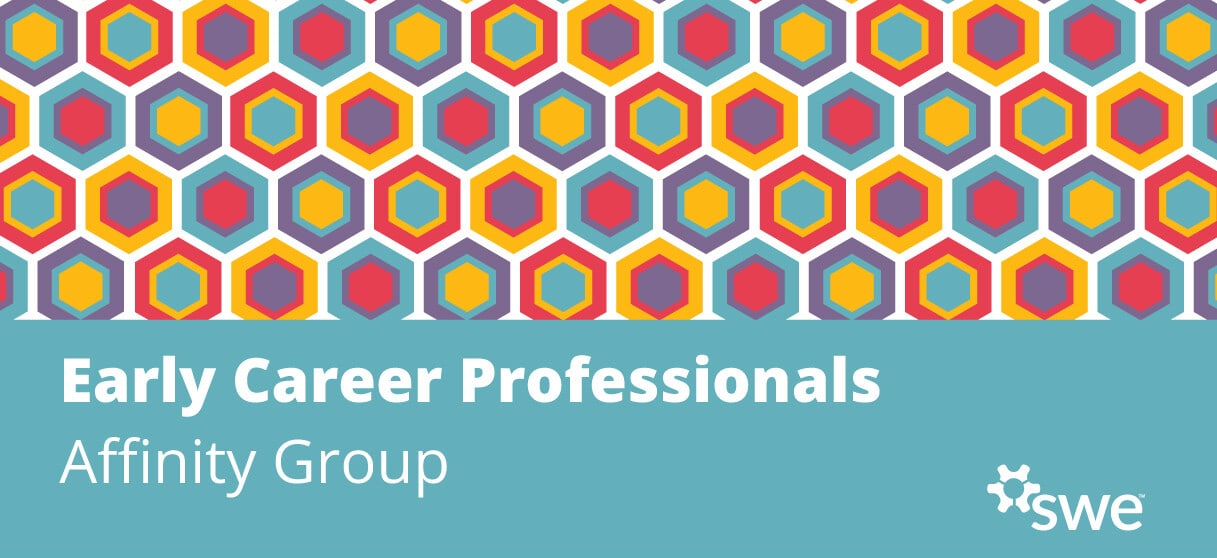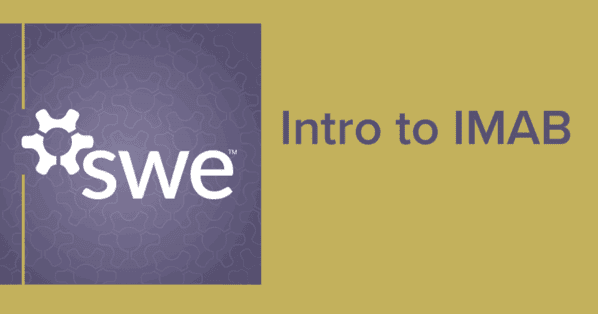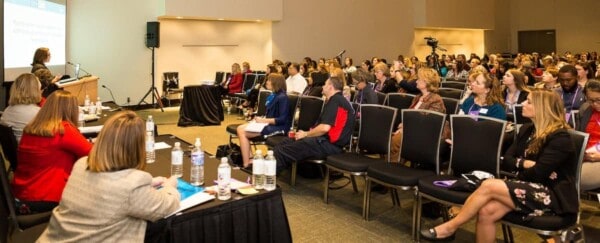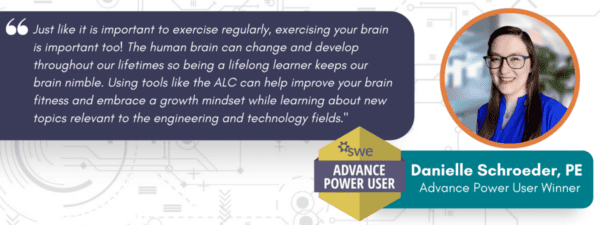While everyone deals with self-doubt every now and then, women tend to criticize themselves 25% more often than men [1, 2]. The criticism can refer to one’s appearance, competency, or intelligence. The result of such self-criticism can cause more than just negative impacts on your emotional well-being, but also impact your ability to advocate for yourself. According to Saima Rana, CEO/principal, GEMS World Academy Dubai and chief education officer at GEMS Education, self-advocacy in the workplace is one of the main barriers to women’s progression. In a recent study, 41% of 2,100 women surveyed said they do not self-advocate enough in their workplace [3].
In a male-dominated field like engineering, this self-criticism and lack of self-advocacy can be multiplied. We have likely all dealt with this at one point in our educational or professional careers. Imposter syndrome ring a bell? This is especially true when first starting a career. It can be daunting to begin your career when there are still so many things that are unknown. Now in my fourth year of my professional career, I can see that my own imposter syndrome was not only bad for my own mental health, but also affected my work. I found myself being afraid to ask what I interpreted as “dumb questions.” I doubted my work at every submission, which caused me to take more time on tasks and hindered my learning.
Well, I am here to say, there are no “dumb questions” when you are starting out your career. You are more than competent enough to be an engineer. You likely made it through four-plus years of engineering coursework, so stop being so mean to yourself. Of course, this is easier said than done, and I would not leave you without some tips on breaking this cycle.
Joy Harden Bradford, Ph.D., clinical psychologist, host, and founder of Therapy for Black Girls, gives five tips to overcoming your self-doubt [4]:
First, talk to yourself the way you would talk to a friend. In my harshest of shame spirals, over some mistake that in the end was of no consequence, the insults I threw at myself are some I would never think of saying to my worst enemy, much less my best friend. Look at the comment section of any of your social media posts and look for the comments made by your friends and the comments you make on your friends’ posts. I can see it now — fire and heart emojis, words like “gorgeous,” and “queen.” Dr. Joy says that when you find yourself talking down to yourself, ask yourself, “Would I say this to my best friend?”
Second, monitor and collect evidence. Be aware of when you start talking down to yourself and recognize the patterns. Then, put on your detective cap that you usually reserve for looking into your friend’s new beau. Gather evidence that contradicts the negative comments you are making to yourself. Recently, when I made the transition from the oil and gas industry to the water treatment industry, I took a huge pay cut and found myself struggling when I had to cut down on all the activities I enjoyed doing, like traveling and going to concerts. I constantly commented to myself how stupid I was to give up such good money. My sister was the one to point out to me that I was in fact not stupid. Although I made more money, I was also so burnt out, overworked, and always thinking about work, which prevented me from fully enjoying those activities.
Third, find affirmations that fit. To combat this negative self-talk, try positive self-talk — duh. Once again, it’s easier said than done, and if you are like me, most affirmations I see on Hobby Lobby plaques just do not work for me. Dr. Joy says that it is okay to tone down your affirmations: “What we’re wanting is something that you actually feel like you can grow into. So ‘I commit to loving myself a little bit more each day,’ or ‘I commit to doing my best each day,’ or ‘I’m better than I was.’” One of my favorite affirmations that I have used during my darkest times comes courtesy of the song “Your Ex-Lover Is Dead” by the band Stars: “Live through this and you won’t look back.” When I was going through finals right after both of my grandmothers had passed away, the best I could do was live through it.
Fourth, spend less time on social media! Dr. Joy says that even though some therapists on social media are offering some good insight and resources, she adds that “when you’re already somebody who is struggling with negative self-talk … the last thing that you need is a bunch of social media accounts telling you you’re doing it wrong.” I am most guilty of this one. I can lose hours of my wind-down time scrolling through Instagram. I have found that adding limits to my screen time and/or deleting the apps from my phone helps me do activities that I enjoy and helps my brain chemistry — like taking my dog for a walk or getting back into reading for pleasure. After limiting social media in my life, I find myself sleeping more soundly instead of thinking over that one awkward comment I made 10 years ago.
Lastly, think of yourself less, not less of yourself. “Something that a lot of times happens with depression and anxiety is that we feel like people are paying way more attention to us than they actually are,” says Dr. Joy. Instead of spending time focusing on your failures, try finding a hobby that brings you joy. After graduating in 2020, I found myself at a loss of what to do with my newfound free time thanks to not having homework anymore and the pandemic. Before entering college, I had plenty of hobbies that included reading and writing; however, school had taken the joy out of them for me. To regain my joy, I started with a journal that gave me one writing topic a day for 100 days. Little by little, I found reading and writing to be fun instead of a chore. I would encourage everyone to set a goal to do one thing for fun every day. This can be as simple as taking a walk through Target, making a friendship bracelet, going to watch a movie by yourself, or having a picnic.
While you may be your harshest critic, you also have the ability to be your biggest fan. Practice self-affirmation and surround yourself with positive influences. Remind yourself of these affirmations by whatever means necessary — sticky notes, journalling, etc. Limit your time doomscrolling on social media and instead find what makes you happy. And remember, just by being a woman who dares to STEM, you have already overcome so much and are doing amazing.
References
[1] Adults Say Over a Thousand Negative Things About Themselves Each Year: Study
[2] Girls need support to break the damaging cycle of self-criticism
[3] The Self-Advocacy Gap for Women (Plus How To Overcome It)
[4] Stop being so mean to yourself. Here are 5 tips to help you break the cycle
About SWE Early Career Professionals Affinity Group (ECP AG)
The mission of the SWE Early Career Professionals Affinity Group is to aid in the recruitment and development of early career professionals and to facilitate their engagement with and participation in SWE. By providing a forum for networking, professional development, and opportunities to promote diversity of thought, the ECP AG aims to empower early career professionals to succeed professionally and personally. Collegiate seniors, graduate students, and individuals in the first 10 years of their career are encouraged to join.
To learn about upcoming ECP AG events and activities, join the newsletter mailing list, Slack, and LinkedIn. If you are a SWE member, be sure to opt in to receive ECP AG emails by logging into your member portal > My Information > scroll down to Communication Preferences > click on Change in the right corner > ensure the check box is ticked next to “OPT IN Early Career Profession AG Emails” > Save.
Author
-
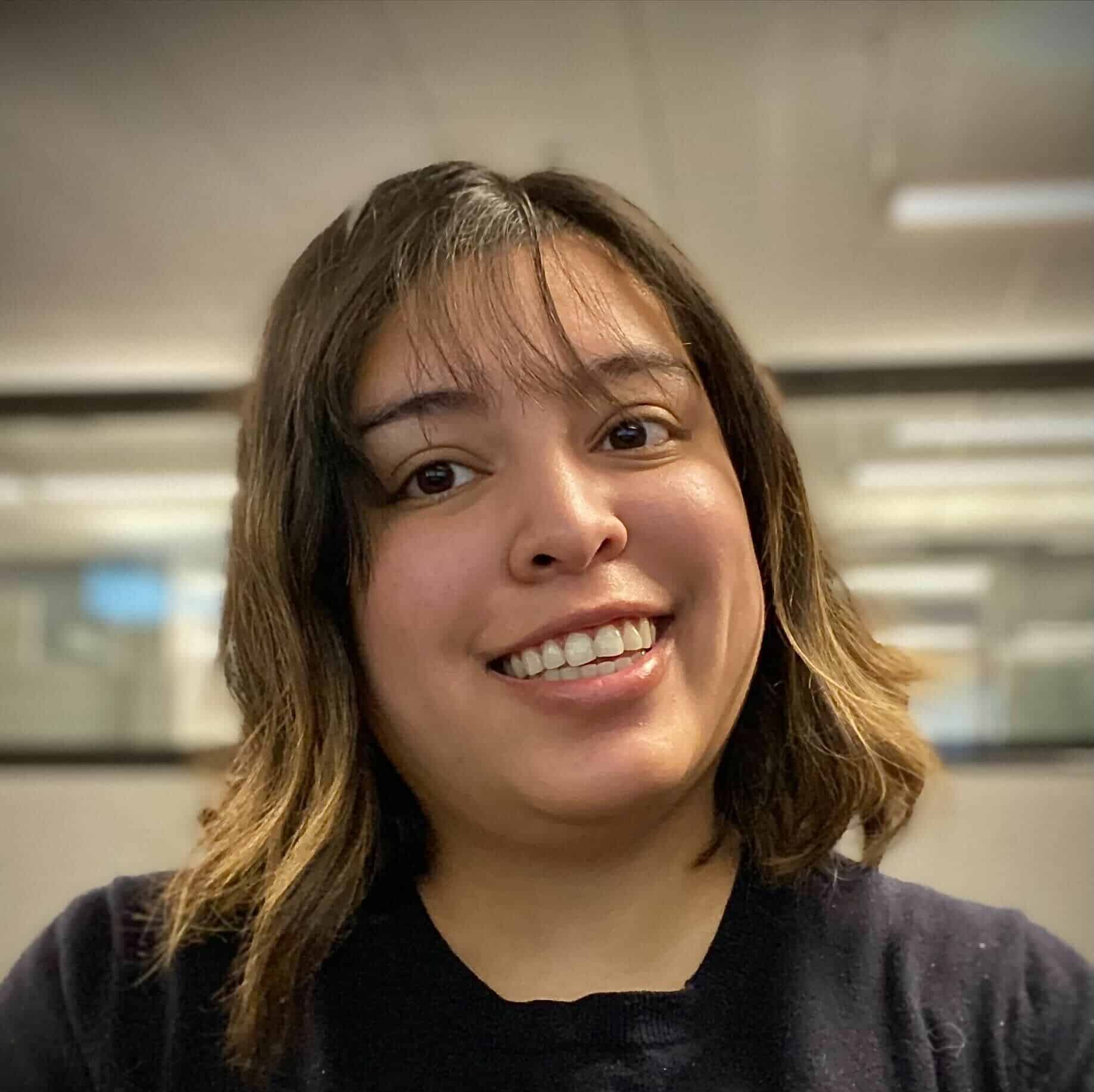
Alyssa Acosta (she/her) has been a member of SWE for eight years and currently serves as the SWE Early Career Professionals Affinity Group Community Development co-chair. She graduated in 2020 with her bachelor’s and master’s in environmental engineering from Texas Tech University. She previously worked for Exxon Mobil as an environmental advisor and now works as a process engineer for Wastewater Treatment. She is also a four-time speaker at the SWE Annual Conference.

